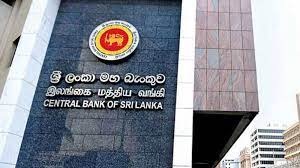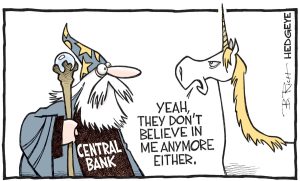Sri Lanka’s Central Bank Under Fire for Withholding Monetary Board Minutes Despite Transparency Act.

Sri Lankans may be left waiting for crucial information about the decisions shaping their nation’s economic future, as the Central Bank remains hesitant to release the minutes of its Monetary Board meetings. This comes despite a new Act aimed at increasing transparency and accountability, raising concerns about potential cover-ups and a lack of willingness to learn from past mistakes.
“one day this could happen,”
The Central Bank Act, passed in line with International Monetary Fund (IMF) guidance, mandates measures like releasing the Monetary Policy Report every six months. However, the bank has stopped short of committing to releasing the minutes of the Board’s policy discussions. Assistant Governor Chandranath Amarasekara offered a vague “one day this could happen,” but admitted no concrete decision has been made.
This lack of transparency is particularly concerning given the Central Bank’s past actions, which many believe contributed to Sri Lanka’s recent economic crisis. Printing billions of rupees to keep interest rates artificially low and artificially propping up the rupee are seen as key factors in the nation’s 2022 debt default. Despite these decisions leading to billions of dollars in losses and significant economic hardship, no officials have been held accountable.

sensitive information
The withholding of Board minutes fuels suspicions of a deliberate attempt to obscure potentially sensitive information. Critics argue that releasing these minutes is essential for ensuring public trust and understanding the rationale behind critical economic decisions. Transparency fosters accountability and allows for informed public debate, ultimately contributing to better economic outcomes.
The Central Bank’s stance stands in stark contrast to the practices of many other central banks, including the US Federal Reserve, India’s Reserve Bank, and Bank of Mexico, which all release meeting minutes to promote transparency. Sri Lanka’s continued resistance to this international standard raises questions about its commitment to true accountability and its willingness to learn from past mistakes.
The public remains in the dark as to what factors are influencing the Monetary Board’s decisions, potentially hindering their ability to plan for the future and hold their leaders responsible. Without access to these minutes, Sri Lankans are left questioning whether their economic well-being is truly being prioritized by those entrusted with managing the nation’s finances.







